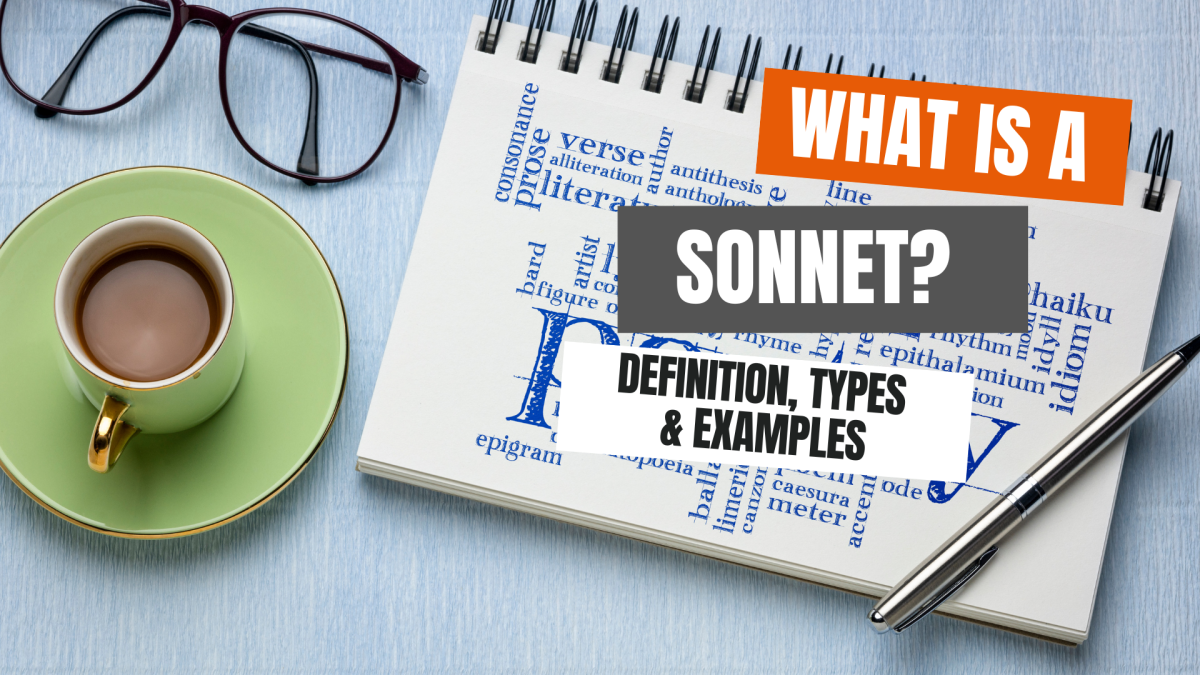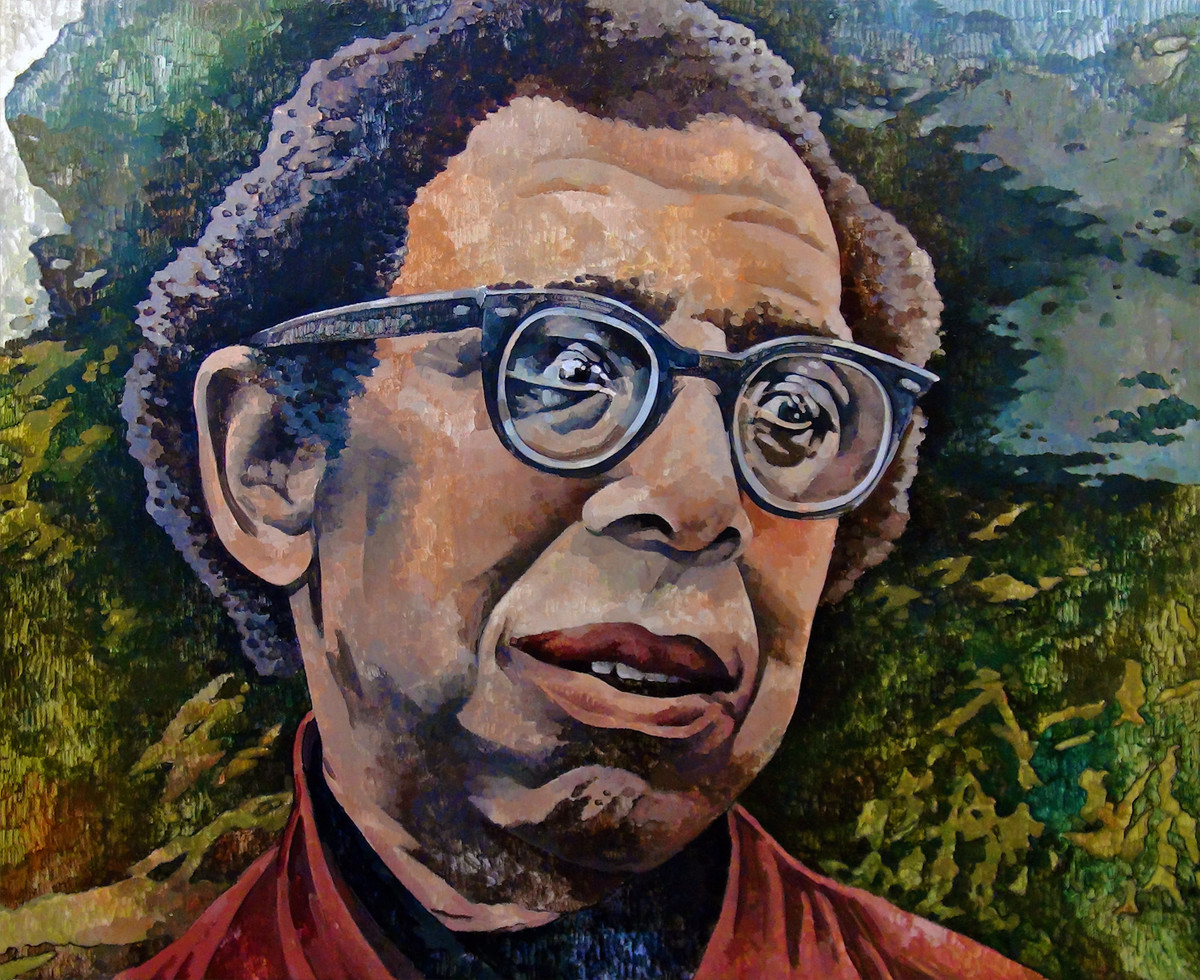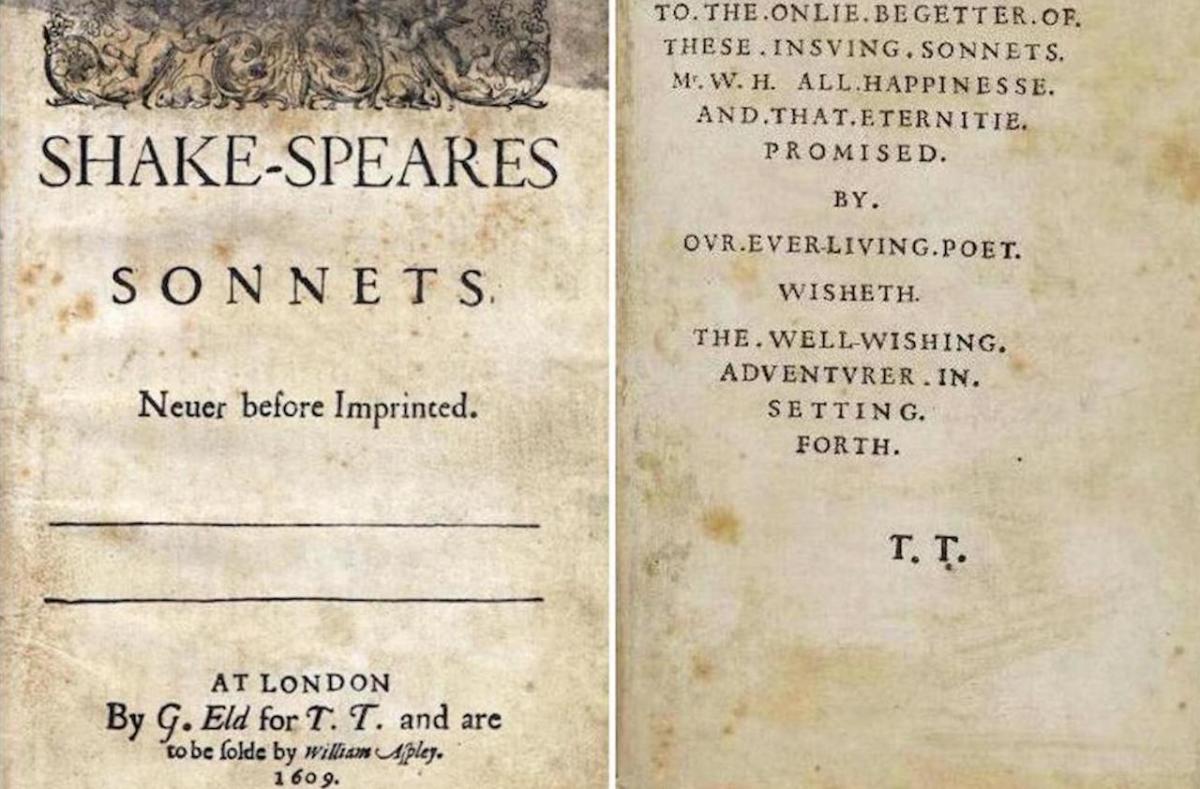"Death be not proud" - John Donne and his Holy Sonnets
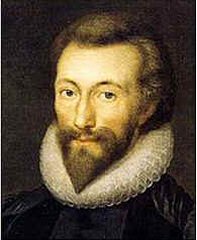
The Holy Sonnets
John Donne was a complicated man and this definitely showed up in his writings. His metaphysical conceits are intellectual, unique, and even quite bold. His poetry is full of his genius conceits. His prose writings, his sermons and meditations, are full of his unique imagery and conceits.
Now, come his Holy Sonnets. Written in sonnet form, they are the most conventional of all his writings as they follow all the rules, adhere to a rhyme scheme, and metrical lines. But, his imagery and comparisons are still quite extraordinary for his time period.
His Holy Sonnets were written in the years 1609-10, during a time of great turmoil in his life, with a few of them written a bit later in his life. There are nineteen sonnets total in number and they are conventional in their rhyme scheme and broad metrical pattern. Critics have described them as rhythmically bold, powerful in their imagery and marked by deep emotional coloring.
The Holy Sonnets are the documents we have today that tell us of John Donne's deep religious beliefs, and they also record and mingle anguished despair with no less anguished hope. Donne's religion was never a secure or comfortalbe experience for him, hence the reason for not wanting to take priestly orders originally. He only did so on the insistance of King James I. He took his Anglican priest orders in 1615 and if you notice, most of his Holy sonnets were written before that time. Donne was originally born a Roman Catholic, and did not become an Anglican until he took the orders in 1615.
You will note throughout the sonnets I have here a combination of strong imperatives and protestations of abject helplessness which determines the tone of Donne's religiou beliefs. I have chosen only three sonnets, but these are my favorite ones by Donne. Donne's religious beliefs were just as complicated as his metaphysical conceits. Here are Sonnets number ten, fourteen and eighteen.
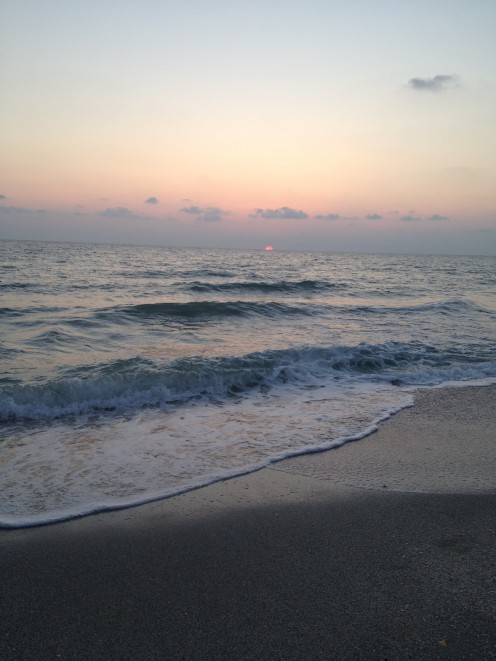
Sonnet # 10 - Death be not proud
This is, of course, is Donne's most famous of the Holy Sonnets and the one most quoted. Donne faces Death in the face, so to speak, and is not afraid of him nor will he be conquered by Death. Donne holds his steely gaze with Death and tells him, that in the end, it will be Death that dies, not Donne, for he will have eternal life.
Death, be not proud, though some have called thee
Mighty and dreadful, for thou art so;
For those whom thou think'st thou dost overthrow
Die not, poor Death, nor yet canst thou kill me.
From rest and sleep, which but they pictures be,
Much pleasure; then from thee much more must flow,
And soonest our best men with thee do go.
Rest of their bones, and soul's delivery,
Thou art slave to fate, chance, kings, and desperate men,
And dost with poison, war, and sickness dwell,
And poppy or charms can make us sleep as well
And better than thy stroke, why swell'st thou then?
One short sleep past, we wake eternally
And death shall be no more; Death, thou shalt die.
Sonnet #14 - Batter my heart
In this sonnet, Donne's faith rises to a series of knotted paradoxes involving coercion and submission, which would be revolting for the time. But, Donne is so sincere in his mind, that he is able to get away with his thoughts. He requests God to do something, to help him. Donne is being occupied by this paradox and wants God to "break down the door", so to speak, and help him find the way. The paradox, as Donne sees it, is that in the Christian religion man must lose his life in order to save it.
Batter my heart, three-personed God; for You
As yet but knock, breathe, shine, and seek to mend;
That I may rise and stand, o'erthrow me, and bend
Your force to break, blow, burn, and make me new.
I, like an usurped town, to another due,
Labor to admit You, but O, to no end;
Reason, Your viceroy in me, me should defend,
But is captived, and proves weak or untrue.
Yet dearly I love You, and would be loved fain.
But am bethrothed unto Your enemy.
Divorce me, untie or break that knot again;
Take me to You, imprison me, for I,
Except You enthrall me, never shall be free,
Nor ever chaste, except You ravish me.

Sonnet # 18 -Show me, dear Christ
In this sonnet, Donne is concerned with the question, What are the marks of a true church? This was the interdenomenational religious debate going on in the 17th century, Few Anglican clergymen would have expressed an indecision as universal as Donne's in this sonnet. The Church of Rome is, "she which goes richly pointed on the other shore." She (the Catholic Church) is contrasted with the reformed churches "in Germany and here." He sees "her" as the wife of God.
Show me, dear Christ, Thy spouse so bright and clear
What! is it she which on the other shore
Goes richly painted? or which, robbed and tore,
Laments and mourns in Germany and here?
Sleeps she a thousand, then peeps up one year?
Is she self-truth, and errs? now new, now outwore?
Doth she, and did she, and shall she evermore
On one, on seven, or on no hill appear?
Dwells she with us, or like adventuring knights
First travel we to seek and then make love?
Betray, kind husband, Thy spouse to our sights,
And let mine amorous soul court Thy mild dove,
Who is most true and pleasing to Thee then
When she is embraced and open to most men.
I think Donne wrote to express himself and express all the paradoxes he sees in life and within himself. This is nothing more than what we do here on HubPages. I am not slighting Donne, but uplifting us as writers. We feel the same emotions and things as Donne does, so his writings are universal and timeless. That is why we are so drawn to his writings. He merely expresses what we all think about, also.
I think I have completely covered the different types of writing Donne did throughout his life. Instead of giving you more of the same, you can research his other poems, meditations, sermons, and sonnets to read for yourself. He wrote such a large canon of works that you could study him for ages.
Source: The Norton Anthology of English Literature, Volume I.
Copyright (c) 2012 Suzannah Wolf Walker all rights reserved


